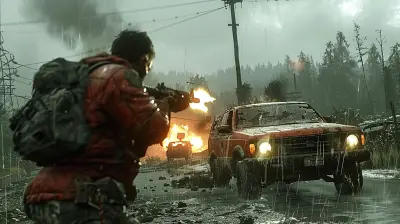The Battle Between Physical and Digital Game Sales
8 June 2025
Let’s face it—gaming has come a long way. Gone are the days when you’d rush to your local game store on release day, clutching your allowance to snag a shiny new disc or cartridge. Now, with the rise of digital gaming, you don’t even have to leave your couch. But the shift from physical to digital game sales isn't some black-and-white issue—it’s more like a heated debate between two passionate fanbases.
So, what’s really going on in this battle between physical and digital game sales? Are we witnessing the end of one era and the complete takeover of another? Or is there room for both to thrive? Well, let’s dive into it and break it all down.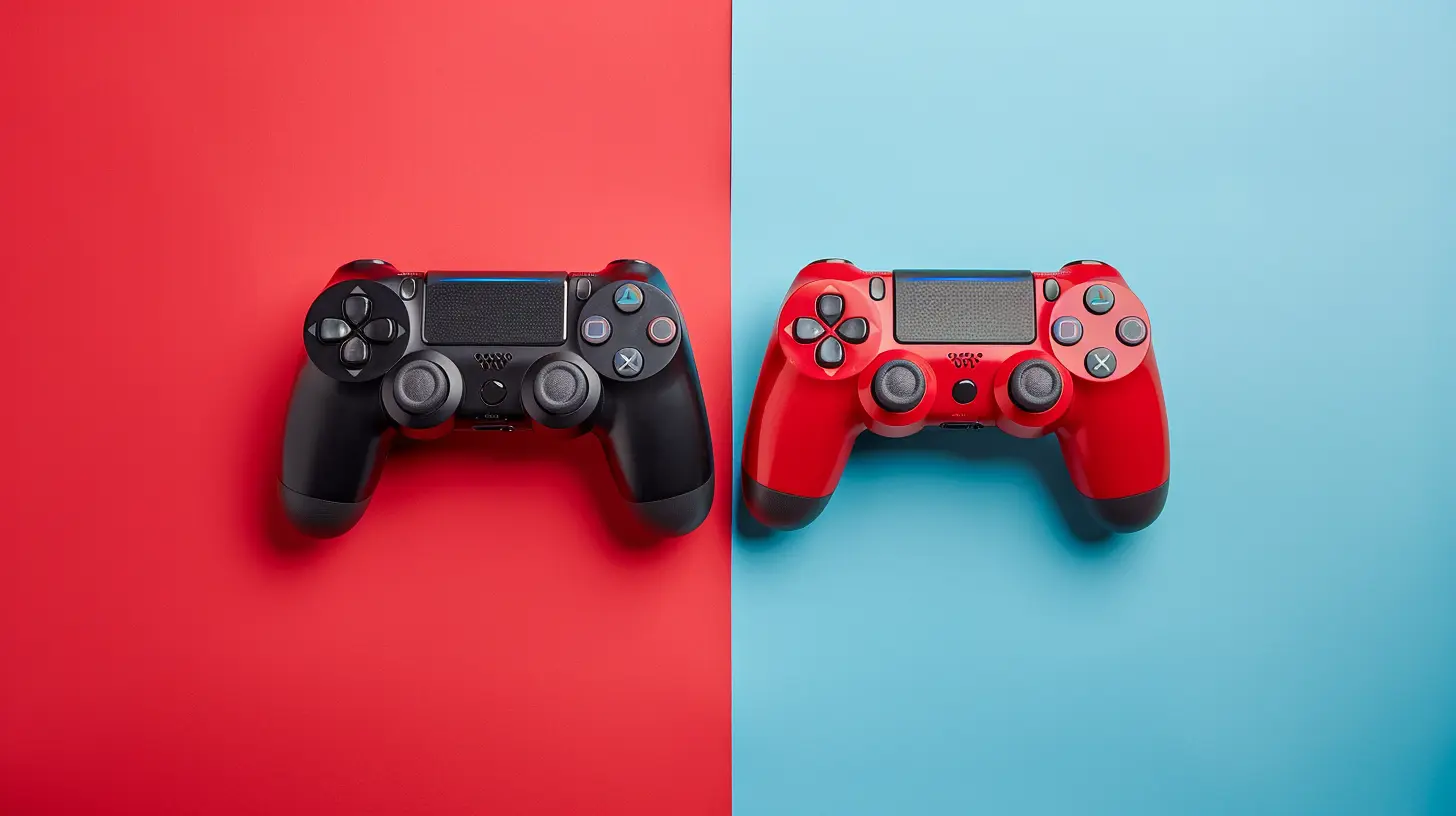
Why Physical Game Sales Still Hold a Special Place
The Nostalgia Factor
Let’s be honest: there’s something magical about holding a physical game in your hands. It’s like owning a little piece of history. For many of us, buying a game meant unboxing it, flipping through a colorful manual, and maybe even smelling that fresh booklet scent (don’t act like you didn’t do that). It’s an experience that digital downloads just can’t replicate.In fact, some collectors buy games purely for this feeling. Physical games are like trophies that sit proudly on shelves, silently saying, “I was there when this game launched.” For gamers who’ve been around since the early days, the nostalgia factor is strong, and that’s not something to be underestimated.
Reselling, Trading, and Lending
Physical games give you a sense of ownership. Bought a game you didn’t like? No problem—just trade it in or sell it. Beat the game and don’t see yourself playing it again? Hand it over to a friend or sell it online for some cash. Digital games don’t offer that flexibility; once you buy them, they’re yours forever, whether you love them or regret the purchase.Think about it—how many times have you lent a game to a buddy and introduced them to a series they’d never heard of? Physical games foster that sense of community and sharing, which is much harder to do with digital copies. Ever tried telling your friend, "Here’s my Steam login so you can try this game"? Yeah, not ideal.
Longevity and Preservation
Collectors and gaming historians often praise physical copies for their longevity. Sure, discs can get scratched, and cartridges can wear out, but as long as you take care of them, they’re yours to keep. On the other hand, digital games are tied to online accounts or servers. If a company decides to shut down its servers someday (looking at you, Nintendo 3DS eShop), you might lose access to games you paid for.There’s an old-school charm in knowing you can pop a PlayStation 1 disc or an N64 cartridge into your console decades later and still enjoy it. That sense of timelessness is why physical game sales haven’t completely disappeared.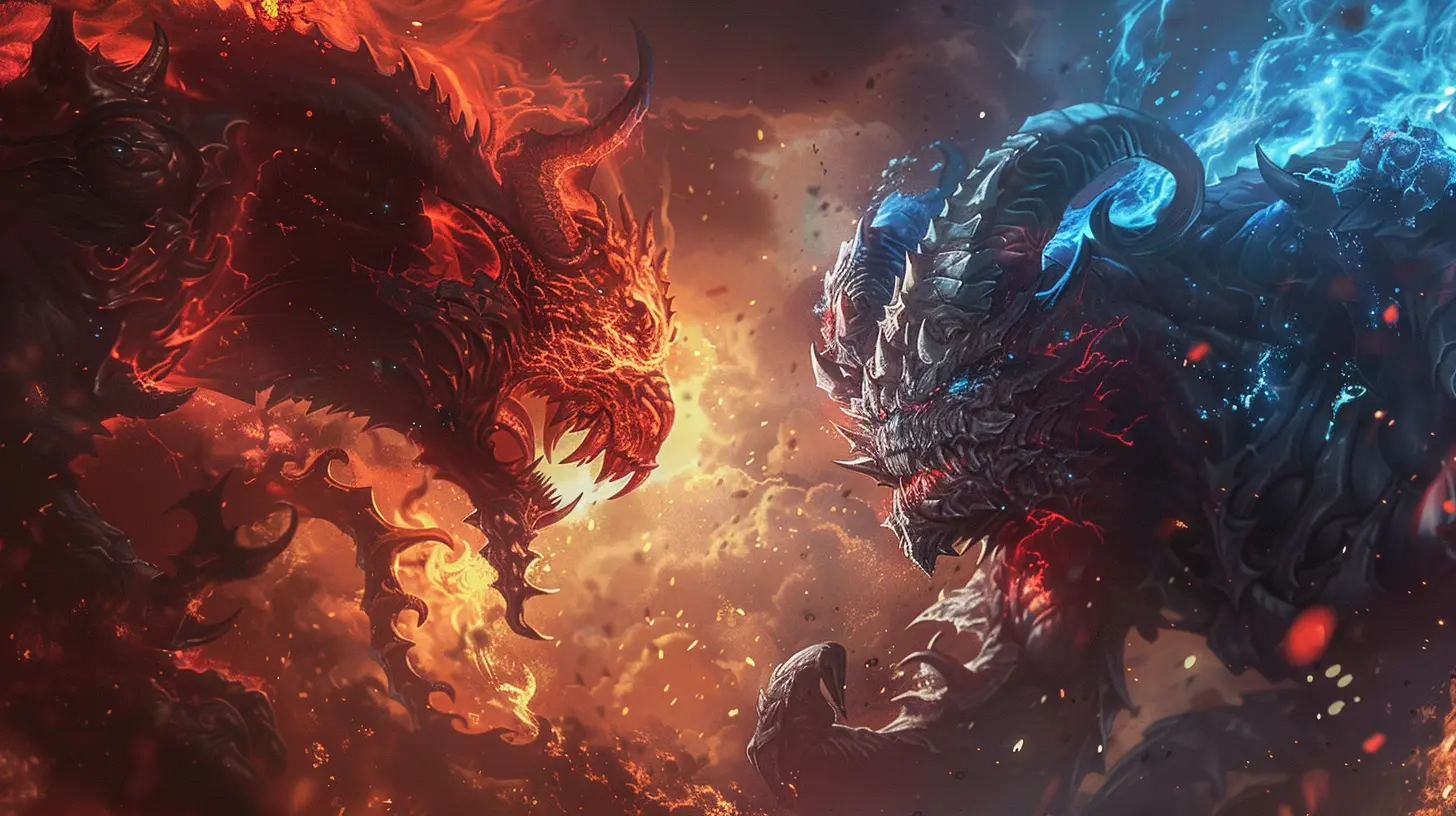
The Rise of Digital Game Sales: Convenience is King
Instant Gratification
You know the feeling—you hear about a new game, get hyped, and you want to play it now. With digital games, you can do exactly that. No waiting in lines, no driving to the store, no worrying about whether it’s sold out. Just click “buy,” wait for the download, and you’re good to go. It’s like DoorDash but for your gaming cravings.In a world where patience is at an all-time low (let’s blame Netflix and TikTok for that), digital games are the ultimate convenience. Who wouldn’t want to skip the hassle and dive straight into the action?
No More Storage Woes
Physical games come with the annoying problem of storage. How many times have you had to rearrange your game cases or sacrifice shelf space because your collection outgrew your room? Digital games? They’re all snugly stored on your console or PC, neatly organized in a virtual library.Plus, there’s no risk of losing them. Ever accidentally damage or misplace a game disc? It’s the worst. But digital games? Even if your console dies, your purchases are usually tied to your account, ready to download whenever you get a new device. That kind of peace of mind is a major selling point.
Digital Sales, Discounts, and Subscriptions
Let’s talk money. One of the biggest perks of digital games is the constant availability of discounts. Steam sales, Xbox Game Pass, PlayStation Plus, and all those other subscription services make gaming cheaper and more accessible than ever. You can get dozens of games for the price of one physical copy.And let’s not forget those flash sales that pop up out of nowhere. Digital storefronts know how to hook you with those “limited-time offer” deals. Before you know it, your library is full, and your wallet is crying—but hey, no regrets, right?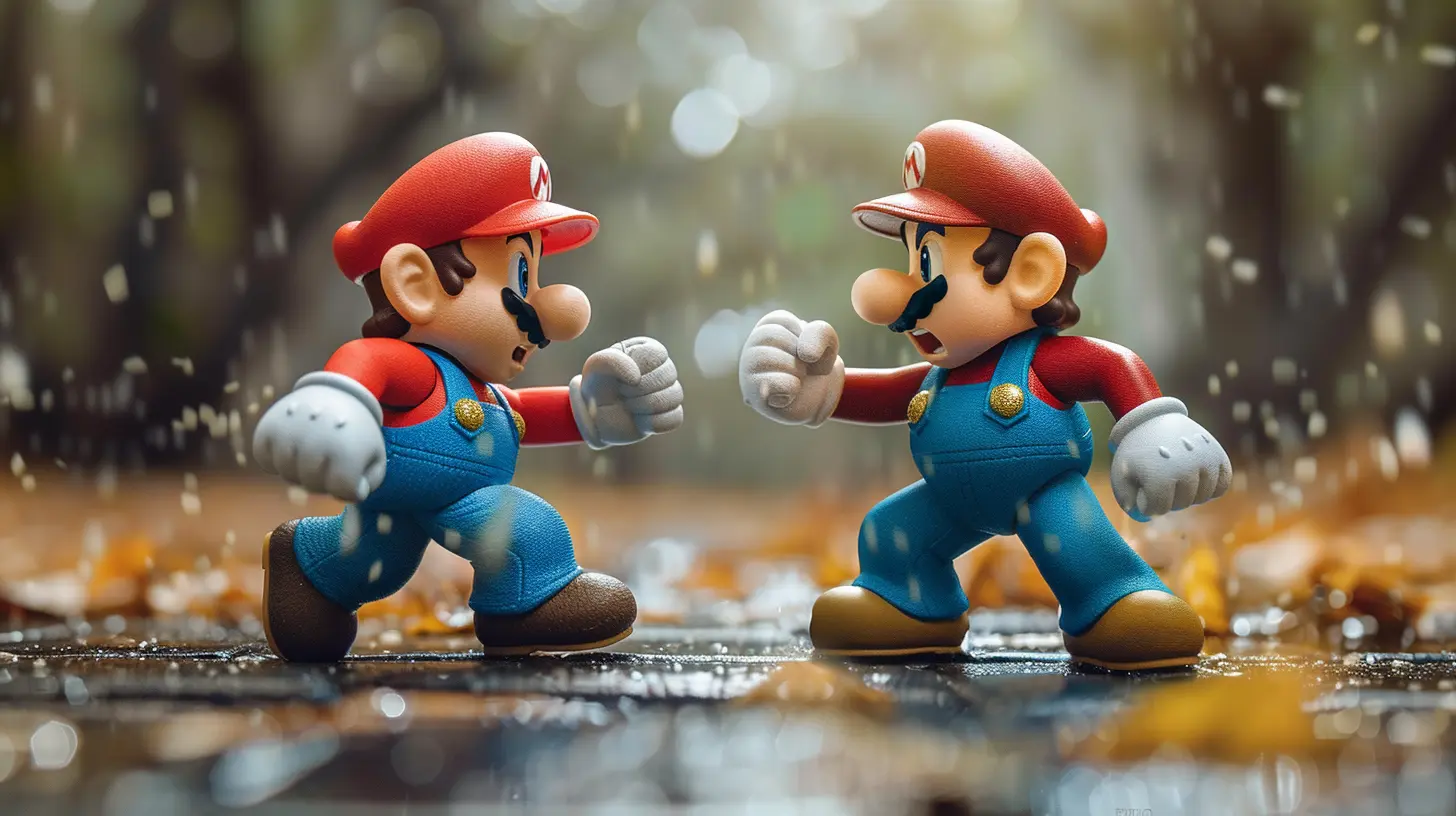
The Environmental Argument: Physical vs. Digital
One topic that often comes up in this debate is the environmental impact of each format. Physical games require plastic cases, manufacturing, and shipping, which contribute to pollution. Digital games, on the other hand, save on those resources, but they’re not completely guilt-free. Servers that host digital games consume a lot of energy, so it’s not a perfect solution either.Still, for gamers who are trying to reduce their carbon footprint, digital games often feel like the lesser of two evils. Is it enough to sway die-hard physical fans? Not really, but it’s definitely food for thought.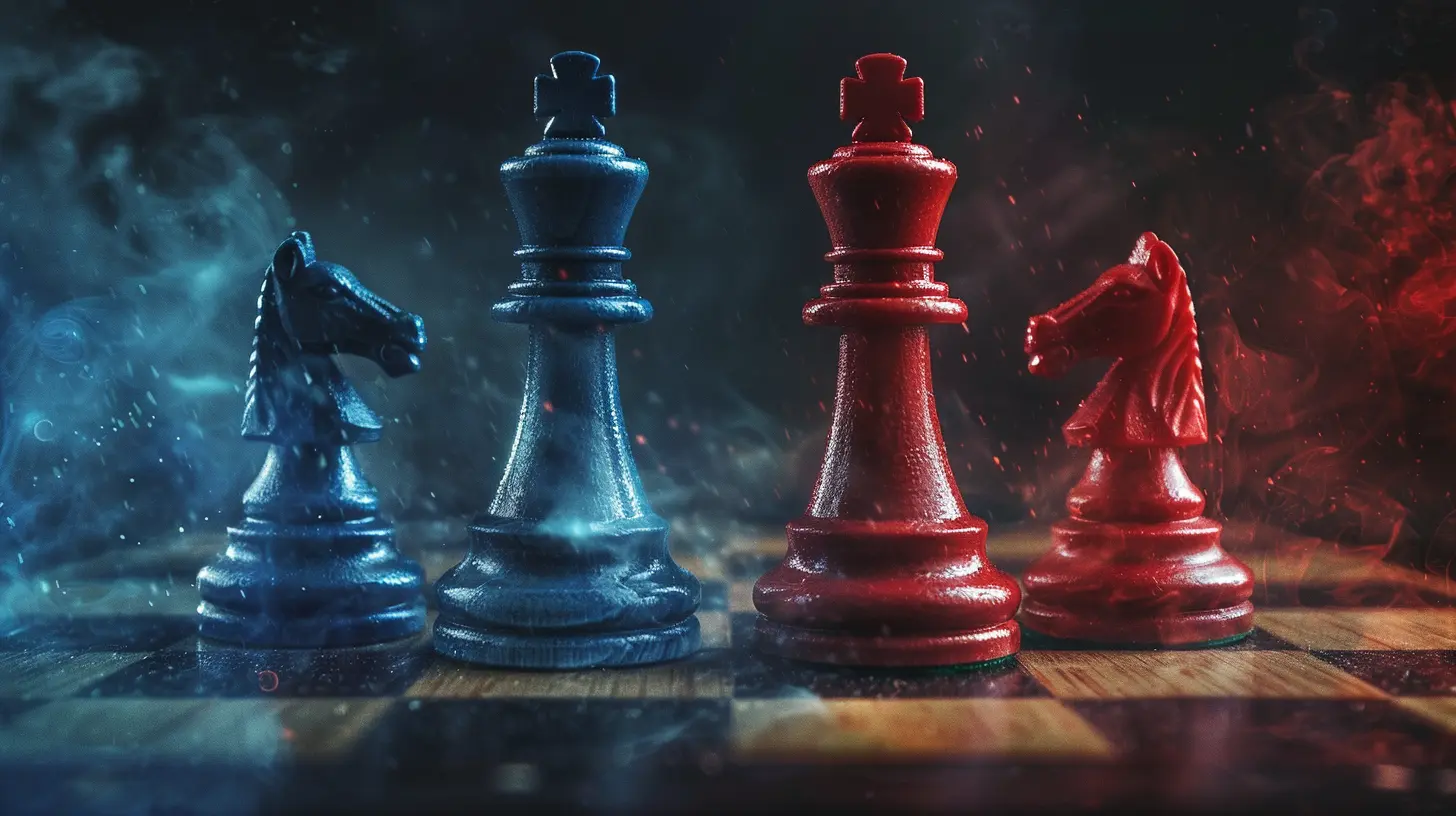
So, Which Side Is Winning?
Well, that’s tricky. Digital sales have surged in recent years, especially during the pandemic when going outside wasn’t exactly an option. In fact, some studies suggest that digital game sales now dominate the market. But that doesn’t mean physical games are extinct—they still have a loyal fanbase that refuses to let them go.It’s not really about one format “winning” over the other. Instead, it’s about giving gamers options. Some people love the convenience of digital downloads, while others cherish the tangible experience of physical copies. And honestly? That’s what makes gaming so great—there’s something for everyone.
Final Thoughts: Can’t We All Just Get Along?
At the end of the day, whether you’re Team Physical or Team Digital, the most important thing is that we all get to enjoy the games we love. Sure, the debate might continue for years to come, but let’s not lose sight of what really matters—having fun and connecting with fellow gamers.Maybe the real answer isn’t to choose one over the other but to embrace both. Buy physical copies of games you’re passionate about, and go digital for those impulse buys or indie gems. Who says you can’t have the best of both worlds?
all images in this post were generated using AI tools
Category:
Gaming IndustryAuthor:

Whitman Adams
Discussion
rate this article
3 comments
Christina Franklin
In the ever-evolving landscape of gaming, the clash between physical and digital sales sparks innovation and creativity. Embrace this dynamic competition as it drives developers to create more engaging experiences. Ultimately, gamers win, experiencing diverse options and the joy of play in whichever format they choose!
June 20, 2025 at 3:27 AM

Whitman Adams
Thank you for your insightful comment! The competition between physical and digital sales indeed fosters innovation, ensuring gamers enjoy a richer experience across all formats.
Arianth Soto
This article effectively highlights the evolving landscape of gaming sales. As digital platforms rise, traditional retailers must innovate to retain relevance, reflecting broader shifts in consumer behavior and technology.
June 10, 2025 at 2:48 AM

Whitman Adams
Thank you for your insights! It's crucial to recognize how both digital and physical sales must adapt to meet changing consumer preferences.
Mira McNair
Both formats have unique advantages; the choice ultimately depends on player preference and convenience.
June 8, 2025 at 4:49 AM

Whitman Adams
Thank you! Indeed, player preference and convenience play crucial roles in the ongoing debate between physical and digital formats.


